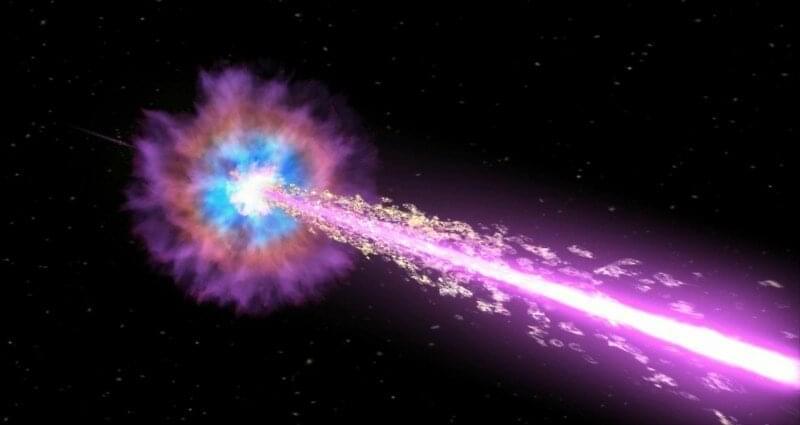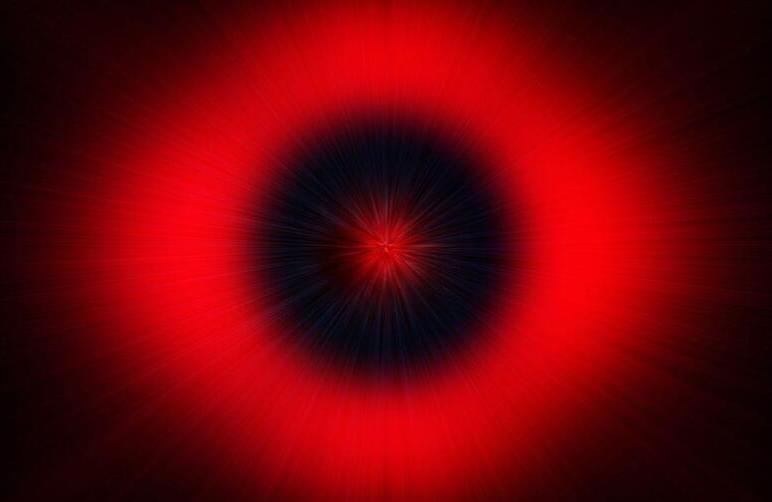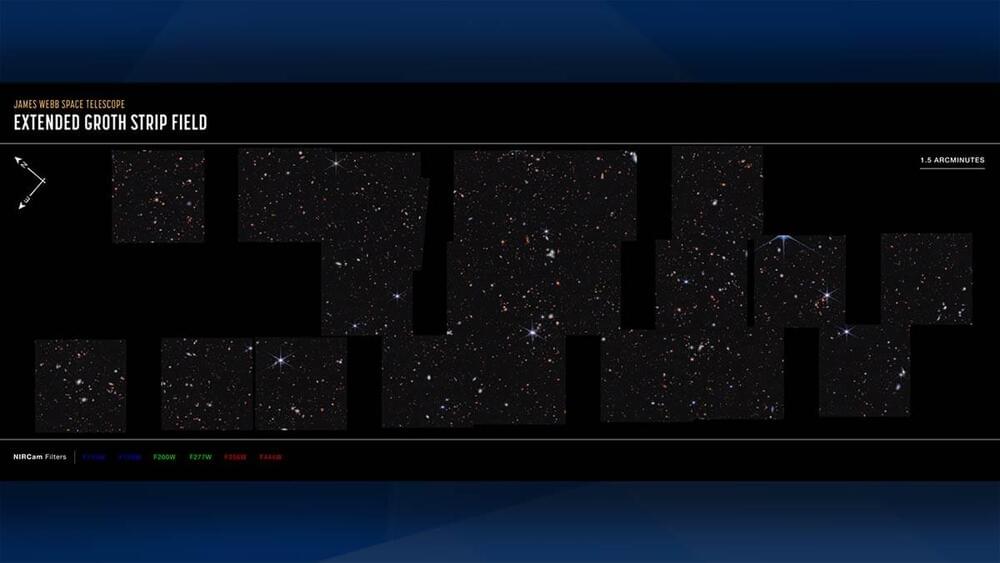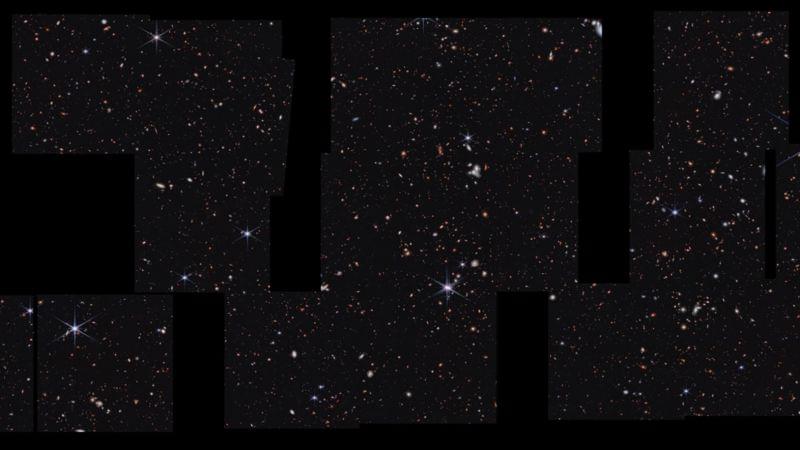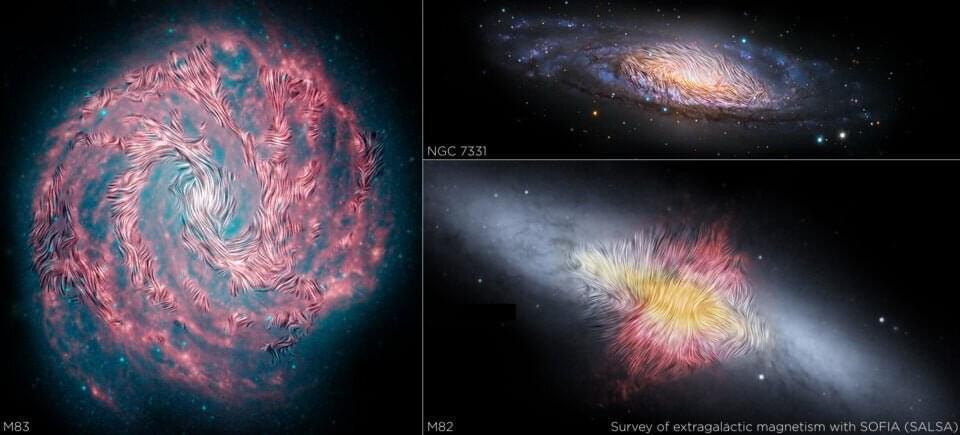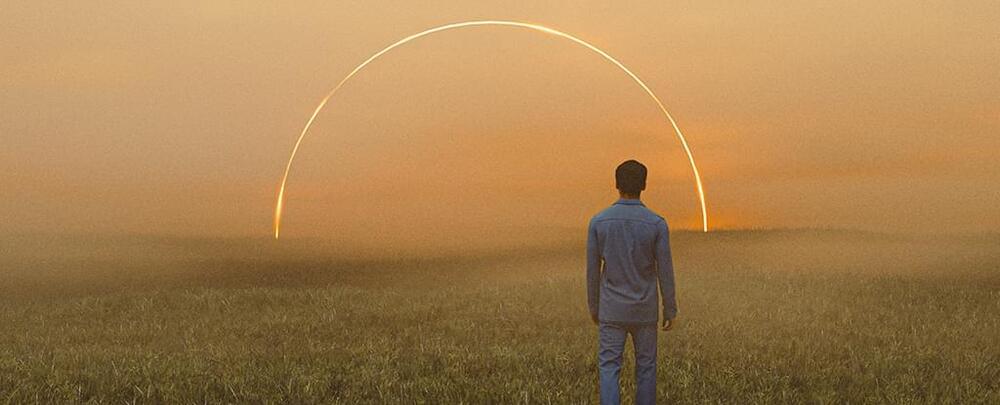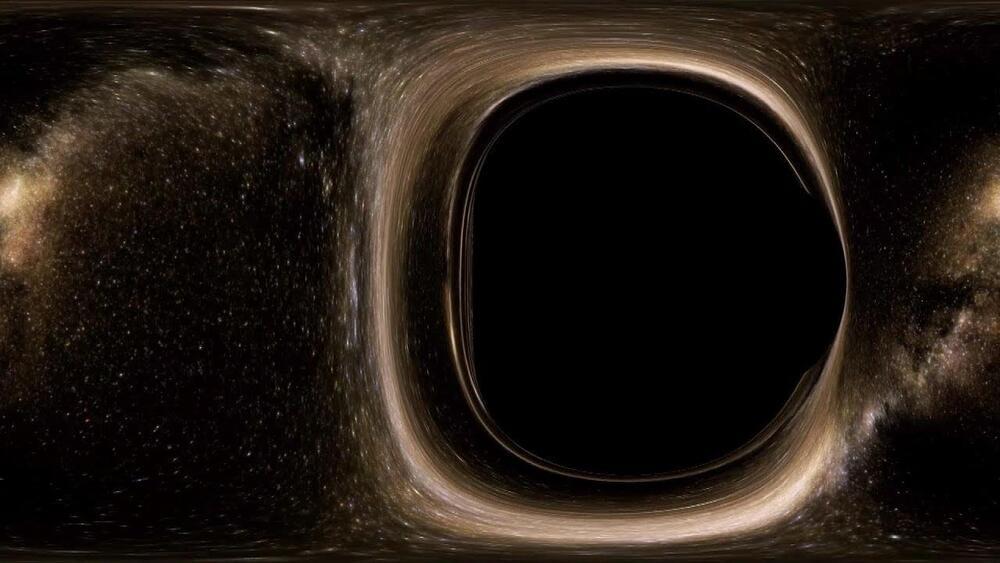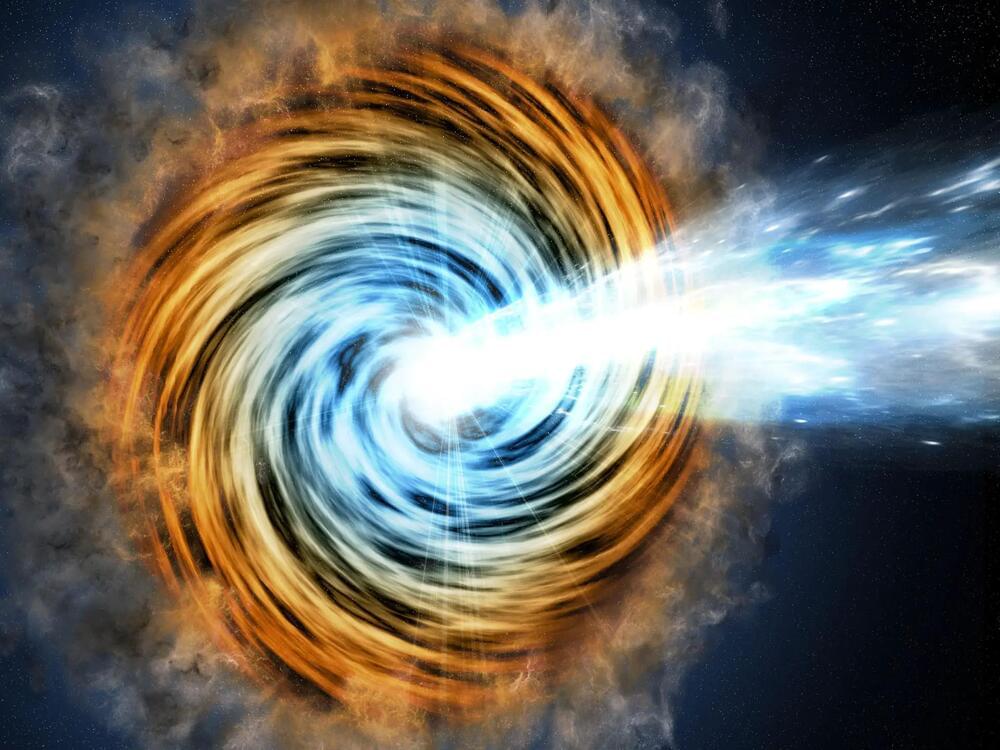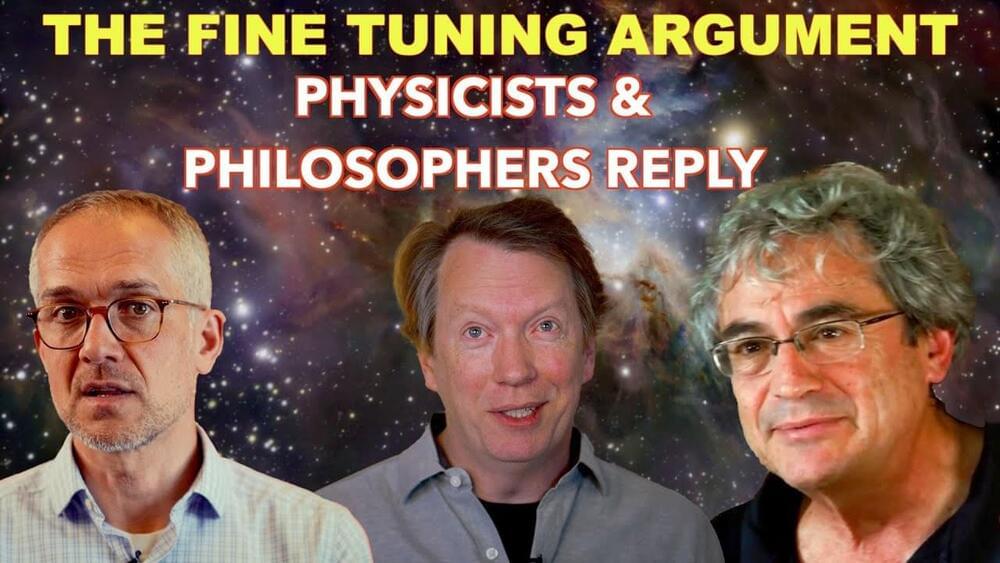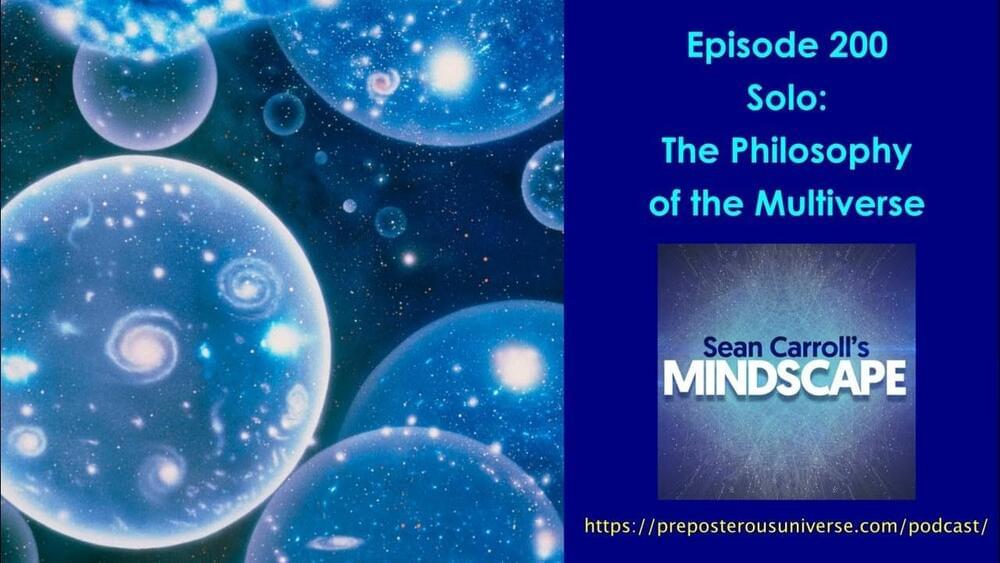Jul 19, 2023
Researchers operating Gamma-ray Burst Monitor discover brightest gamma-ray burst ever detected
Posted by Genevieve Klien in category: cosmology
The University of Alabama in Huntsville (UAH) has announced that three researchers associated with the UAH Center for Space Plasma and Aeronomic Research (CSPAR) have discovered a gamma-ray burst (GRB) approximately 2.4 billion light-years away in the constellation Sagitta that ranks as the brightest ever observed. Believed to have been triggered by collapse of a massive star, it is accompanied by a supernova explosion, giving birth to a black hole.
Dr. Peter Veres, an assistant professor with CSPAR, Dr. Michael S. Briggs, CSPAR principal research scientist and assistant director, and Stephen Lesage, a UAH graduate research assistant, collaborated on the discovery and analysis of the gamma-ray burst. The researchers operate the Gamma-ray Burst Monitor (GBM) at UAH, a part of the University of Alabama System.
The GBM is an instrument in low-Earth orbit aboard the Fermi Gamma-ray Space Telescope that can see the entire gamma-ray sky not blocked by the Earth and hunts for GRBs as part of its main program.
